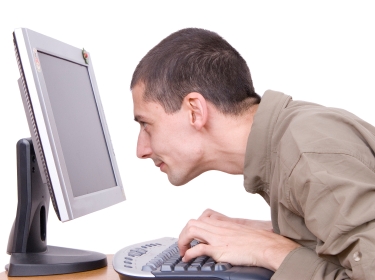Email addiction: how to break the compulsion
Because you waste two hours a day in your inbox

Email users are subject to the same fundamental learning mechanisms that drive gambling addicts, says a Sheffield University academic. But is there any way to break this addiction, which causes 56 per cent of us to spend more than two hours a day in our inboxes?
"Both slot machines and email follow something called a 'variable interval reinforcement schedule', which has been established as the way to train in the strongest habits," says Dr Tom Stafford, lecturer at Sheffield and co-author of the book Mind Hacks.
"This means that rather than reward an action every time it is performed, you reward it sometimes, but not in a predictable way.
"So with email, usually when I check it there is nothing interesting, but every so often there's something wonderful – an invite out, or maybe some juicy gossip – and I get a reward."
And with a Loughborough University study last year finding that it takes an average of 64 seconds after checking email to remember what you were doing beforehand, meaning 8.5 hours a week are wasted in confused pondering, productivity is clearly at stake from our e-crack habit.
Beating the e-addiction
Roo Reynolds, a self-proclaimed "metaverse evangelist", who has recently joined the BBC as a social media executive, believes the best solution is to abandon email and move instead towards other forms of digital communication such as IM programs like Twitter, or social networking sites.
Get daily insight, inspiration and deals in your inbox
Sign up for breaking news, reviews, opinion, top tech deals, and more.
"I've got a whole set of contacts who love Twitter," he told the Guardian, "and if I want to reach them quickly, then that's where they'll be."
Meanwhile, business psychologist Dr Karol Szlichinski suggests we should combat email head-on, by switching off intrusive alerts that may flashon or pop up, and will trigger you to check your mail.
She also suggests setting your email client to display the title and first few lines when mail arrives, in order to decide if it's worth bothering with or not.
Finally, setting aside time each day to deal with email is seen as a positive move – perhaps first thing in the morning, or last thing in the afternoon.